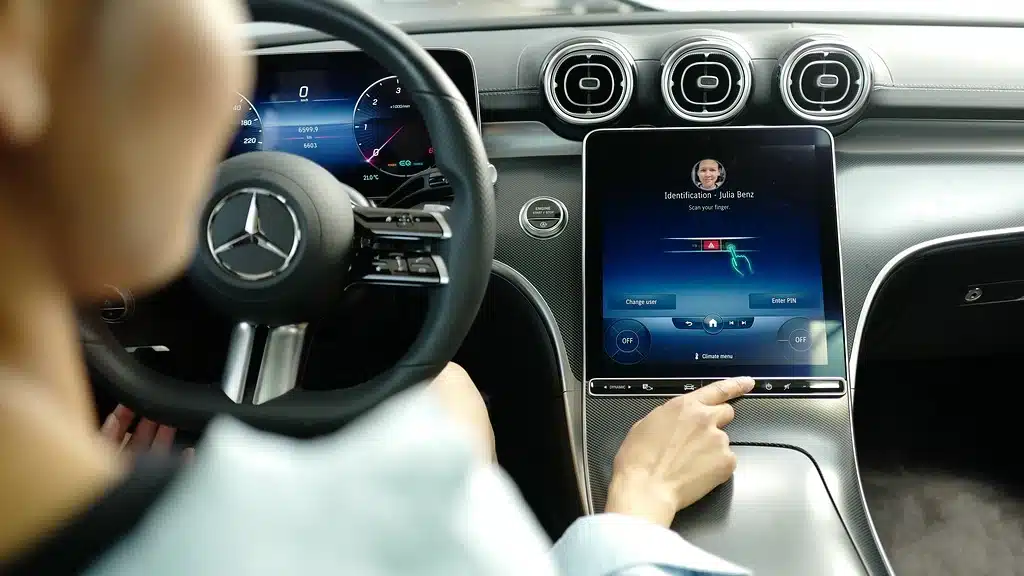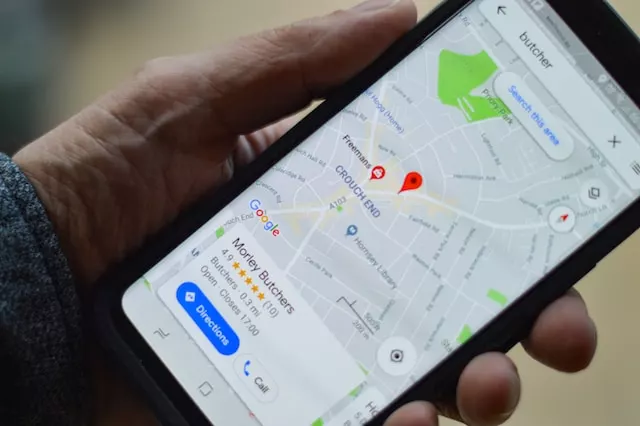
Comesa Pushes for Harmonisation of Roaming Charges
Telecommunication companies operating in the Common Market for Eastern and Southern Africa (Comesa) are under pressure to lower their roaming charges as regulators seek to reduce the costs of cross-border ICT services. In an effort to achieve this goal, Comesa is advocating for the harmonisation of the roaming network with other regional blocs in at least 29 African countries by next year.
Roaming allows mobile subscribers to make and receive voice calls, send and receive data, or access other services when they are outside the coverage area of their home network by connecting to a visited network. Telecom operators usually enter into agreements to connect each other’s customers across single or multiple geographies, with subscribers typically paying more when outside of their home markets.
The need for harmonisation of roaming charges in Comesa
The harmonisation of the roaming network is expected to enhance competition and improve access to cost-effective and secure ICT services by supporting the review and development of regional policy and regulatory frameworks in a harmonised manner. Stakeholders have identified the uneven and fragmented implementation of policy and regulatory frameworks across the continent as the major challenges hindering access to cost-effective ICT services, thereby reducing competition among member states.
To achieve this goal, Comesa will implement the Enhancement of Governance and Enabling Environment in the Information Communication and Technology (EGEE-ICT) sector programme, which is an eight-million-euro initiative financed by the European Union. The programme, spearheaded by Comesa, will focus on policy harmonisation and regulation to facilitate cross-border interconnections, strengthen pan-regional competition and competitive tariffs, and expedite the deployment of safe and reliable ICT services.
Harmonized Roaming Charges Key to Boosting African Digital Economy
It is worth noting that the harmonisation of roaming charges is a crucial step towards improving cross-border ICT services, which is necessary for the growth of the African digital economy.
The Common Market for Eastern and Southern Africa (COMESA) is made up of 21 member states, namely Burundi, Comoros, Djibouti, Egypt, Eritrea, Eswatini (formerly Swaziland), Ethiopia, Kenya, Libya, Madagascar, Malawi, Mauritius, Rwanda, Seychelles, Somalia, Sudan, Tanzania, Tunisia, Uganda, Zambia, and Zimbabwe.









